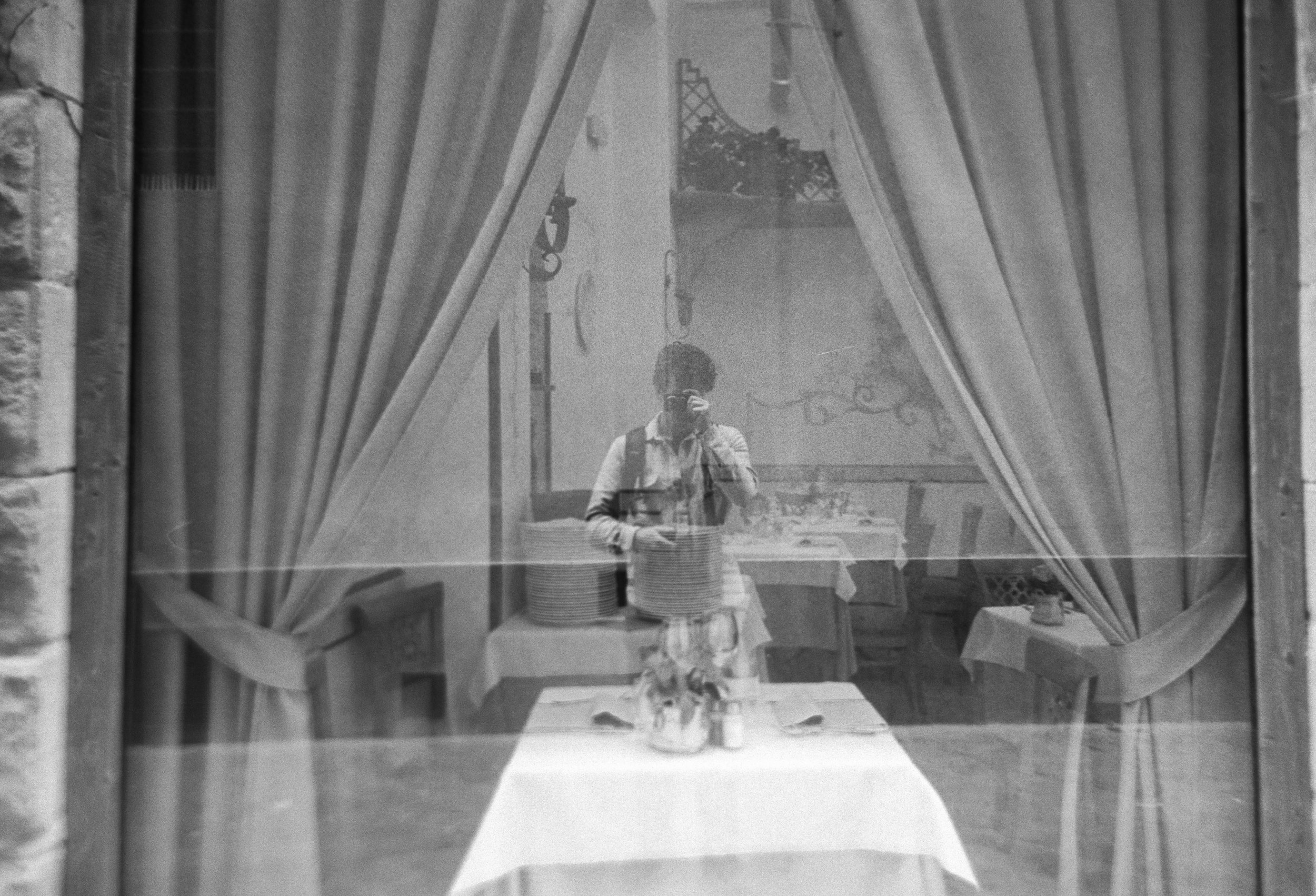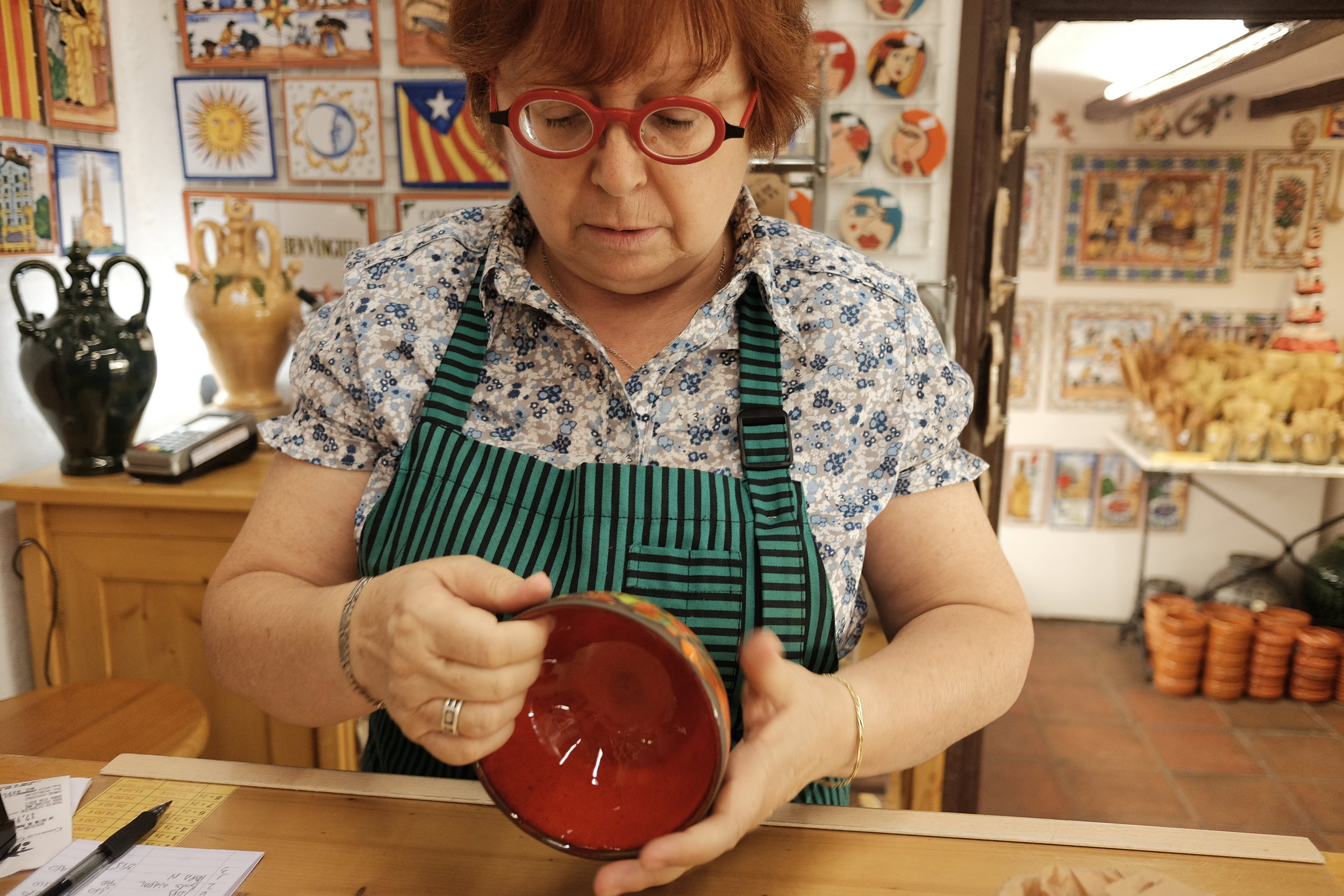Where does wonder live?
Does it live here in the Yosemite “Fire Fall” where the setting sun spectacularly engulfs the horsetail waterfall for just a few moments? Of course. Does it live in the same setting sun when it’s spread across a commuter’s daily ride home? Sure, if we choose to find it there. The problem with the fire fall - and similarly breathtaking moments - is they can set a standard for what we define as breathtaking, spectacular, or wonder-inducing. What a limitation! If we can find wonder in the everyday, isn’t that worth the investment? Why not enjoy the small-but-strange and the common-but-beautiful? It’s always around us, we just accomulate little layers of smuck that harder to see as we settle deeper into our daily routines and patterns.
This is because our “auto-pilot” will build an auto-pilot if we let it. We can’t help it; the brain is a biological system that is driven towards efficiency and if given the chance to automate some task, it will. That’s great because it allows us to multitask, allowing the millennial to safely cross the street while face deep in a phone. But it also gives us the power to gloss over. “Yeah I know how this street looks”, “Yeah I know what she’s going to say”, “Yeah I know who this person is”. And to an extent “Yeah” you are right. But not totally, and in that gap lies the beauty, lies the change, lies the wonder.
There are no constants in the human world, just close approximations. The urban landscape looks unchanged hour to hour, but it’s not. It may feel like you’ve walked down that hallway at work a thousand times, but you haven’t. Your partner seem the same to you as when you met them, but they aren’t. In short, if the world looks dull, it isn’t. It’s our perception and attention to it that looses it’s edge. There is never the same moment twice, and while you’ve heard that before, you’ve also forgetten it’s true.
It is woven into the mechanics of physics and fluidity of ecology: change drives life and cannot be separted from it. Instead they are united as hot is to cold and dark is to light. You cannot speak of life without change, and since we are along for this ride, we too are change. From relationships to work contracts we should not just embrace change as a part of life, but use it as a tool to empower us in the face of the mundane. A tool that can be used to see something different within something familiar. A tool that recognizes these differences as fundamental to being engaged and fighting off monotony. Utiliing change as a tool in this way can bring wonder into our lives when we need it most: today, tomorrow, and so on.
The next few posts will explore what this tool that converts change to wonder is exactly. It will be based on my experiences of life in a city, but isn’t limited to the concrete jungle.

















































